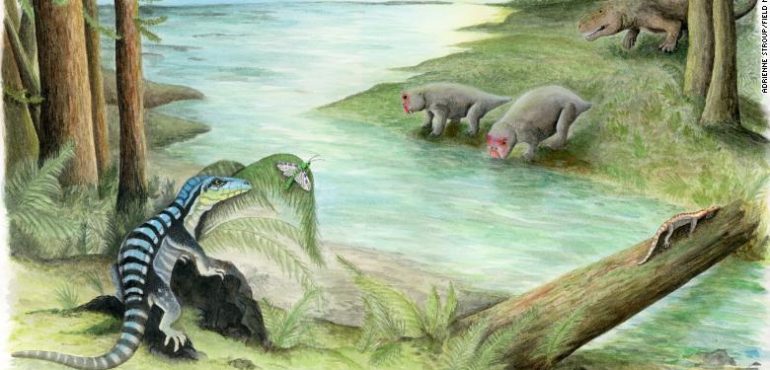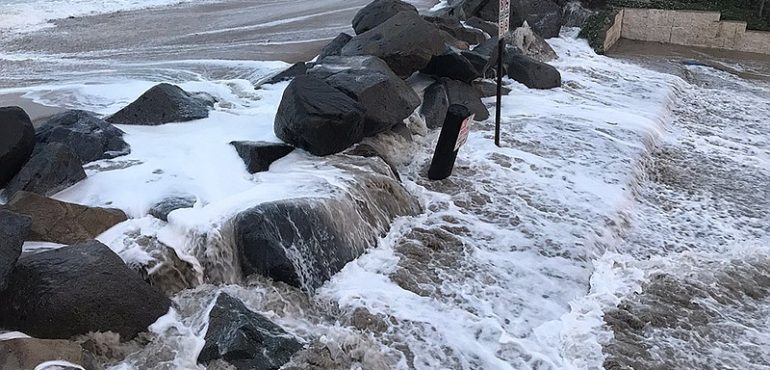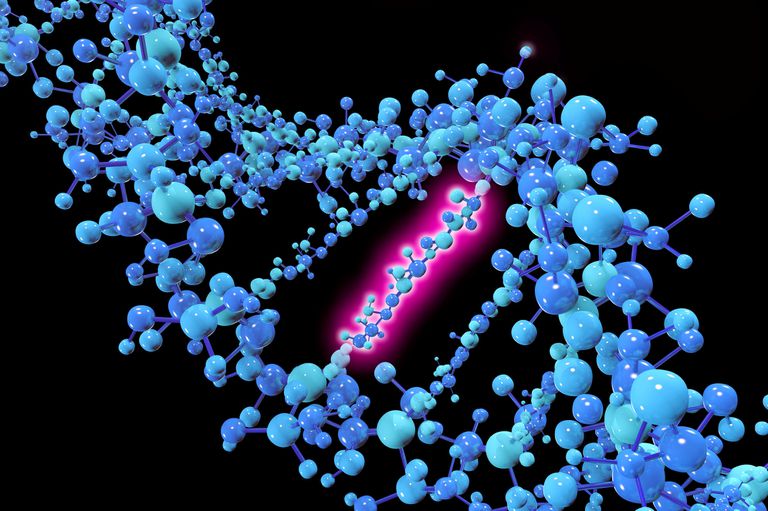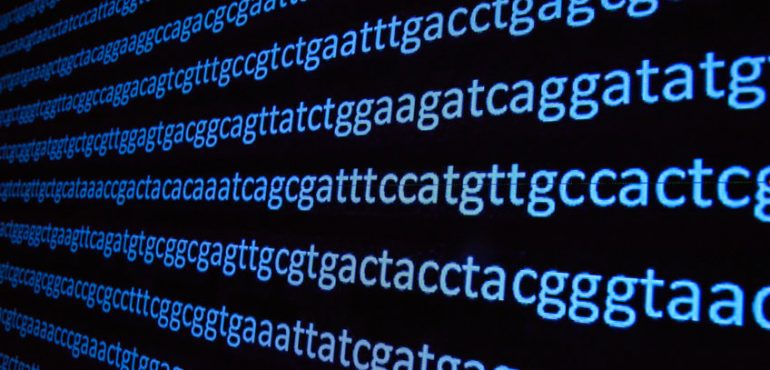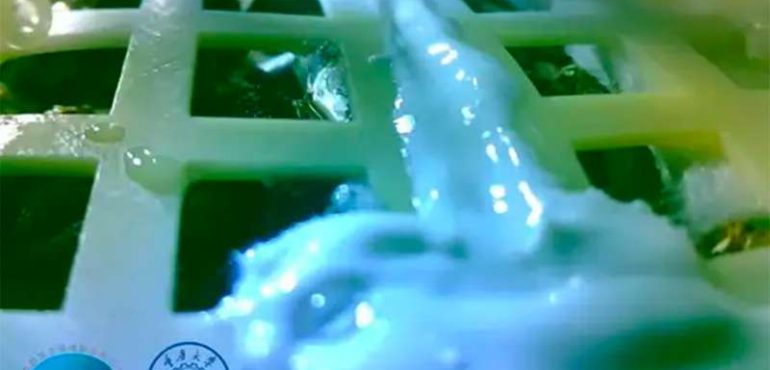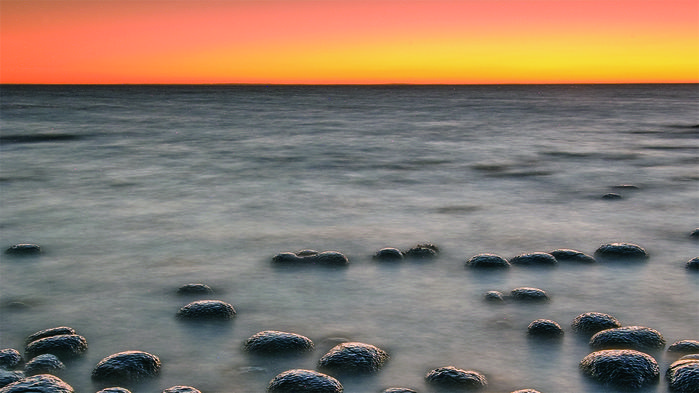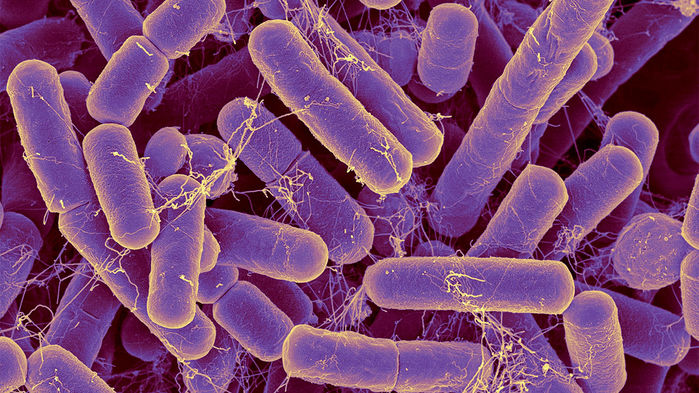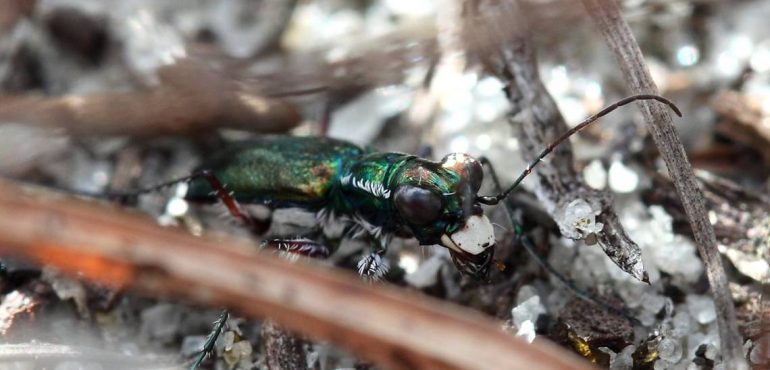Wildlife in Antarctica conjures up images of penguins, seals and other animals who have adapted to survive in such a harsh, frozen environment. But researchers have made an unexpected discovery that pulls back the curtain on what life may have been like in Antarctica millions of years ago. Instead of miles of ice and icebergs…
Read more
Meet the ‘Antarctic king,’ an unlikely fossil from 250 million years ago
